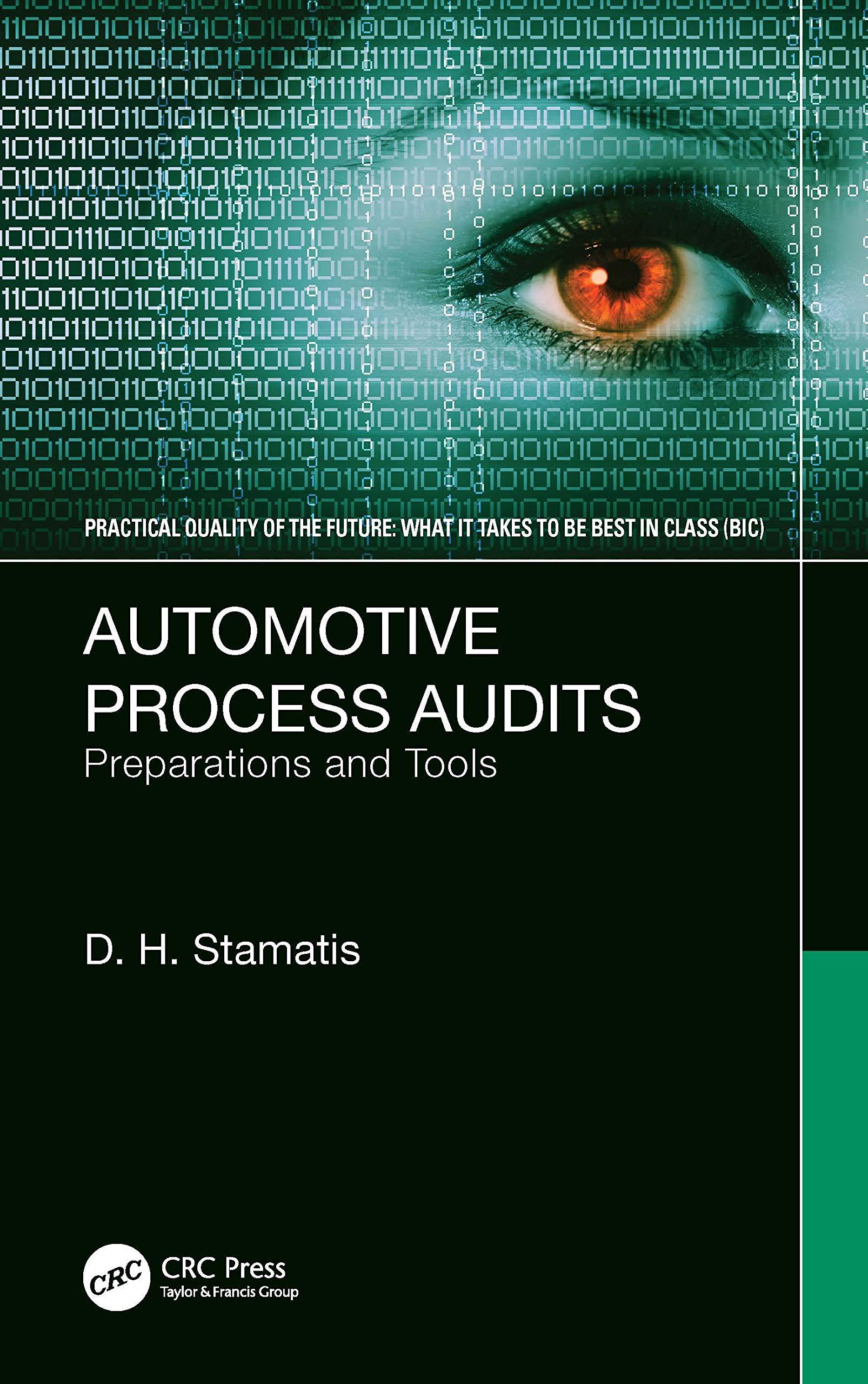Business law

10) Assuming that statutory requirements are met, what is protected under merchant protection 10) statutes? A) Merchants are protected from product disparagement B) Customers are protected from the negligent conduct of merchants C) Merchants are protected from false imprisonment claims of claims of their competitors persons detained on suspicion of shoplifting D) Merchants are protected from the intentional torts of their customers. E) Merchants are protected from product disparagement claims of their suppliers. 11) What differs in a defamation plaintiff is not a public figure? suit when the plaintiff is a public figure, as opposed to when the A) The plaintiff must prove that the statement was made with malice. B) The plaintiff can recover even when the statement is a mere opinion. C) The plaintiff need not prove actual Injury to the reputation. D) Punitive damages are available. E) The plaintiff must prove that the statement was made in writing, 12) Which of the following is true about the tort of invasion of the right to privacy? 12) A) Once a fact has become public,its disclosure cannot thereafter support a claim for the invasion of the right to privacy B) The tort requires that the defendant entered the plaintiff s home or place of business to acquire the information that was disclowed. C) The tort is actionable only by public figures D) True statements or facts that are disclosed can support a claim for the invasion of the right to privacy 13) Which is true regarding the tort of trespass to land? A) A person cannot be liable for trespass to land if that person was not told, either directly by the owner or by means of a sign, to stay off the property. landowner was not using the land at the time and there was no damage to the land. there can be no trespass to land. there can be no trespass to land if the non-owner stays beyond the period of permission B) A person who enters another's land without permission is liable to the landowner even if the Q So long as a person stays away from the portions of land that the owner is currently using, D) So long as a person originally entered the land of another with the permisson of the owner, granted by the owner









